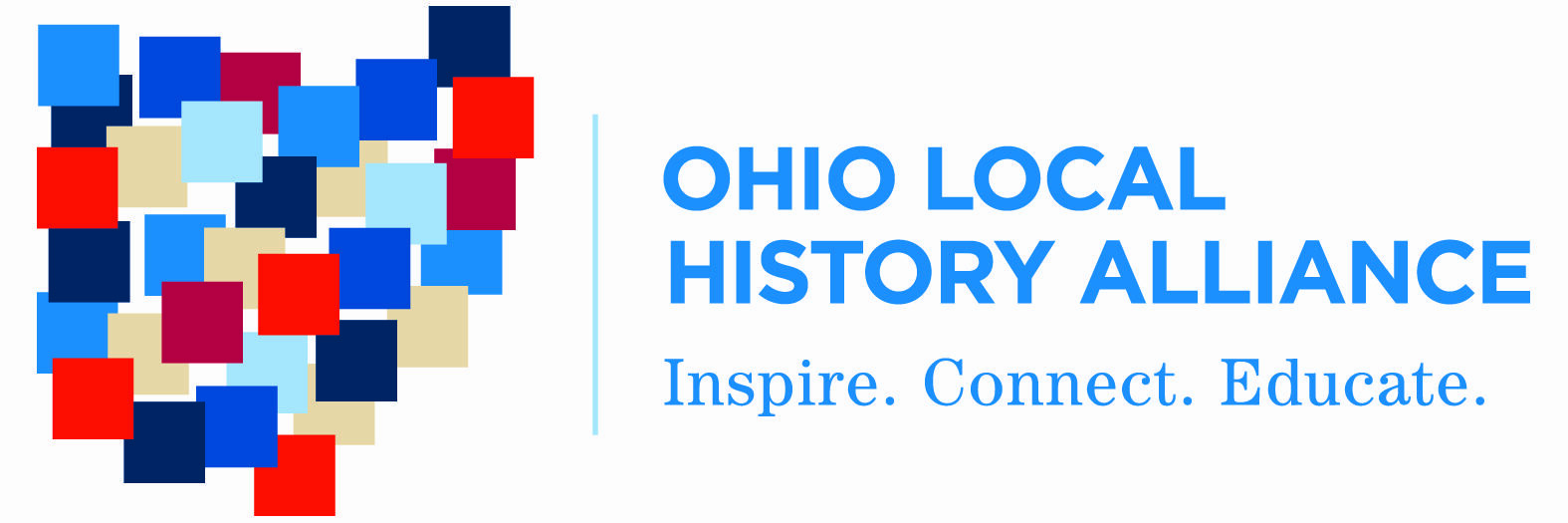Digitization Grant Frequently Asked Questions
What are the digitization standards and best practices?
The most widely accepted digitization standards are the Federal Agencies Digital Guidelines Initiative, more commonly known as FADGI. For more information on how to use the standards, please visit: http://www.digitizationguidelines.gov/guidelines/digitize-technical.html
What type of equipment should I use to digitize my collections?
The type of equipment used will depend on the type of collections being digitized. The most commonly used scanners are flatbed, book and large-format. Flatbed scanners are recommended for digitizing unbound materials such as photographs or letters. It is recommended that bound materials are scanned using a book or overhead scanner. Oversized collections should be scanned using a large-format scanner.
If I decide to use an outside contractor, is there a list of recommended vendors for my area?
The Alliance is unable to endorse a particular vendor for digitization services.
What is “bit-depth”?
Bit-depth is determined by the number of bits used to define each pixel. The greater the bit depth, the greater the number of tones (grayscale or color) that can be represented. Digital images may be produced in bitonal (black and white), grayscale or color. For archival-quality images, you are better served scanning non-color images in color (24-bit color is the archival standard).
What is “dpi”?
DPI stands for dots per inch and is used to express image resolution. The higher the number the higher the resolution. Resolution should correspond to the level of detail of an item, and the original size.
What is metadata? Why is it important and why should I include it in my project?
Metadata is structured information that describes, explains, locates or otherwise makes it easier to retrieve, use or manage an information resource. Metadata is often called data about data or information about information.
An important reason for creating descriptive metadata is to facilitate discovery of relevant information. Metadata facilitates discovery by: allowing resources to be found using relevant criteria; identifying resources; bringing similar resources together; distinguishing dissimilar resources; and giving location information. Basic metadata fields include title, location, subject/keywords, date, creator and description.
The Ohio Memory Program will provide awardees with metadata training as a part of this grant program.
Do I retain ownership of my images if I make them available on Ohio Memory?
Ohio Memory is only serving as the access platform for your digital collection.
Do my scans have to reside on the Ohio Memory site to receive this grant? How do I tell people how to access the photos on the site?
The Alliance has partnered with the Ohio Memory Program to provide a public access platform for digitized local history collections. A collection will be created for each awardee in Ohio Memory. Awardees will receive a link to their collection that they can share on their website. The collection will be branded with the Awardee’s logo and organizational information.
Do the scans done with this grant have to be available to the public? Can they just be for internal use at my institution?
The Alliance hopes to increase online access to the local history collections from around the state through this grant program. Awardees may also use the images internally as they are the owners of the digital collection.
How do I submit my digital collection to Ohio Memory?
Awardees will submit their digital collection to the Ohio Memory Program via external hard drive. The Ohio Memory Program staff will upload the files to the Awardee’s collection for approval and metadata entry.
Why is only half the grant amount given at the awarding of the grant? How do I receive the remainder of the grant?
OLHA wishes to insure that the grantee carries out all of the grant requirements, so only half of the grant amount is paid up front. To receive the remainder, the grantee needs to submit a final report, including how the funds were spent.
Does this program support community scanning days?
At this time, this program will only support projects that digitize collections owned by the cultural organization(s) applying for the grant.
I would like to apply for this grant, but I’m not an OLHA member. How can I become a member?
Click here to become a member or contact us to check your organization’s membership status.
I still have questions, who can I contact?
Betsy Hedler, Ohio Local History Alliance Executive Secretary: ehedler@ohiohistory.org or 614-297-2538
